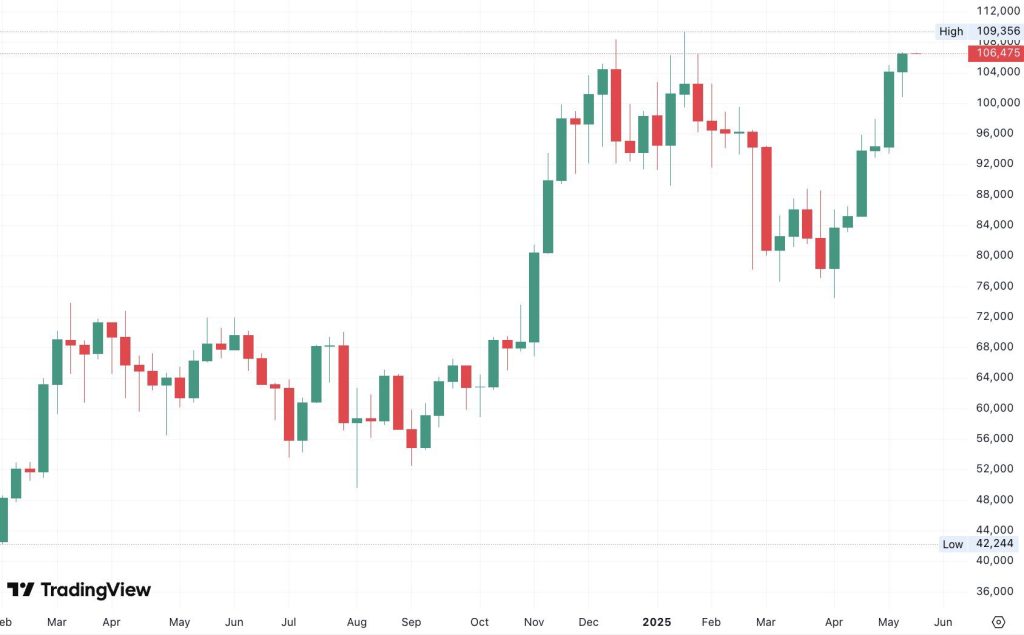Receive free Sport updates
We’ll send you a myFT Daily Digest email rounding up the latest Sport news every morning.
The Australian state of Victoria has said it will not host the 2026 Commonwealth Games because of cost overruns, throwing the staging of the event into doubt.
Daniel Andrews, the Labor premier of Victoria, said the cost of hosting the sporting event in the state’s rural and coastal towns had trebled to as much as A$7bn ($4.8bn) from the A$2.6bn initially projected last year. He said the decision to pull out of hosting the 12-day event had not been difficult as it would be a case of “all cost, no benefit” for the indebted state.
The games, staged every four years, involve nations from the Commonwealth — made up largely of states with historic connections to the UK — competing in a variety of sports, similar to the Olympic Games.
Craig Phillips, chief executive of Commonwealth Games Australia and the former secretary-general of Australia’s Olympic Committee, said the move was “beyond disappointing” for athletes, organisers and fans and questioned the numbers that Andrews had used to justify pulling the plug on the event three years ahead of its start.
The organisation said it was only informed of the decision on Tuesday morning and that the decision had thrown preparations for the games into chaos. “We’ll reset and move on,” Phillips said.
He said the new cost estimate was a “gross exaggeration” and not reflected in meetings held as recently as June with the Victorian government. “I find that a little hard to believe,” he said of the new cost projection, adding that the Birmingham games in 2022 cost about A$1.8bn.
Andrews said security and transport costs were behind the A$4bn budget blowout in the projected cost.
It is the second time in a row that the Commonwealth Games has been thrown into disarray. A plan to host the last games in Durban, South Africa, was cancelled, and the event was moved to Birmingham, England, due to concerns over financing.
Other Australian states were quick to rule themselves out of a bid to host the event. “The Commonwealth Games aren’t what they used to be, and as a result of that, they don’t provide the return on investment,” said Western Australia’s premier Roger Cook.
Australia has built a reputation since the Sydney Olympics in 2000 as one of the leading locations for major sporting events. The Women’s World Cup, co-hosted with New Zealand, kicks off this week while the netball and rugby union world cups and the 2032 Brisbane Olympic Games are due to be held in the country over the next decade.
Anne Ruston, shadow federal sporting minister, said the cancellation would undermine future efforts to host major events. “Today is a very sad day for Australian sport,” she said.
Andrews had sold the idea of a Victoria Commonwealth Games last year as a boon to rural and coastal towns — including former gold-rush city Ballarat, industrial coastal town Geelong and agricultural town Shepparton. That plan relied on building expensive facilities, such as a temporary velodrome in Ballarat, rather than using venues in the state’s biggest city, Melbourne.
Phillips said Melbourne’s reputation as an international sporting capital had been jeopardised by the actions of the Victoria government. “I would be very careful if I was an international sporting body coming and doing business in this state in the future,” he said.
Tim Harcourt, an economist with the University of Technology Sydney, said the cancellation was short-sighted at a time when Australia was looking to build its geopolitical and trade strength in the Indo-Pacific region, which is well represented in the games.
“The Commonwealth Games are pretty significant for trade,” he said. “It is not so much that they’ve gone out of fashion but that they’re not being leveraged for how important they could be.”
Credit: Source link










